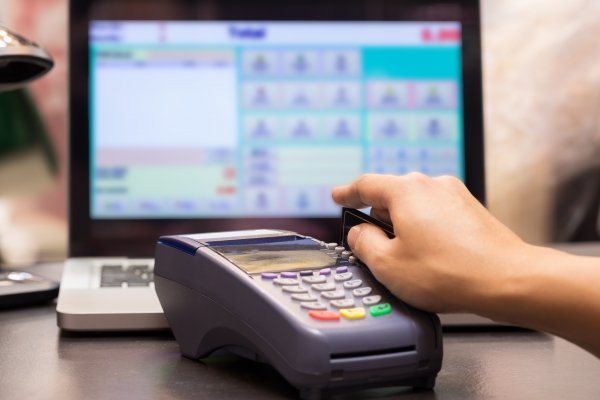Cash registers are becoming more and more outdated as POS systems get more complex and advanced. POS systems are now capable of helping you with pretty much all the aspects of your business, from actual sales to inventory, employee management, creating customer profiles and so on. But not all POS systems work the same. Each comes with its own capabilities and set of features and it is important to choose whatever works best for you and your business.
Here are some things to consider when in the market for a POS system for your business:
- First of all, figure out exactly what kind of business model you have and what your needs are. Identifying the needs of your specific type of business is very important when shopping for the right POS system. Don’t necessarily go for the option that comes with all the bells and whistles, because not all POS systems are the same and they don’t all work for all types of businesses. It is better to invest in the proper system right from the beginning, to avoid future problems
- After you set a specific budget, figure out what kind of hardware you’ll need. In some cases, you might continue to use your old equipment while in others, you’ll need completely new hardware. Or you might just need an iPad or a laptop. Find out if your new POS system will be compatible with your old equipment, and, if necessary, write down how many units you need as far as hardware goes
- See the POS at work. Find out from the vendor where can you see the system in action or if possible, request for a free trial to test it yourself before you purchase
- Ease of use. Make sure the system you want to buy is easy to install, setup and use. Otherwise you’ll only hinder your business rather than make it more productive. Your employees should also be able to easily learn how to use the POS system and not find it overwhelming
- Features and integration. This one is also close related to the first point. Depending on your business needs, you should see what kind of features you need in a POS system, from reporting tools (best-selling items, customer activity, inventory tracking and management, X and Z reports for your cash drawer activity, etc.) to integration, how easy it handles returns and exchanges and so on
- Look for a vendor that offers top-notch, 24/7 customer support. Yes, we know, nobody likes to buy something thinking ahead that they’re going to actually need and use customer support. But we all need it sooner or later and you want to know you can rely on it 100%. First of all, make sure the vendor you chose offers 24/7 customer support and that their staff responds within the shortest possible time frame. Otherwise, you’ll find yourself in awkward, unproductive situations, such as keeping your customers waiting at the table after dinner, because they can’t pay you, due to system failure or else
- Try to go for a cloud-based POS system, instead of a bulky, traditional one. Cloud POS systems are more efficient, safer and they can easily run on your smartphone or iPad.





